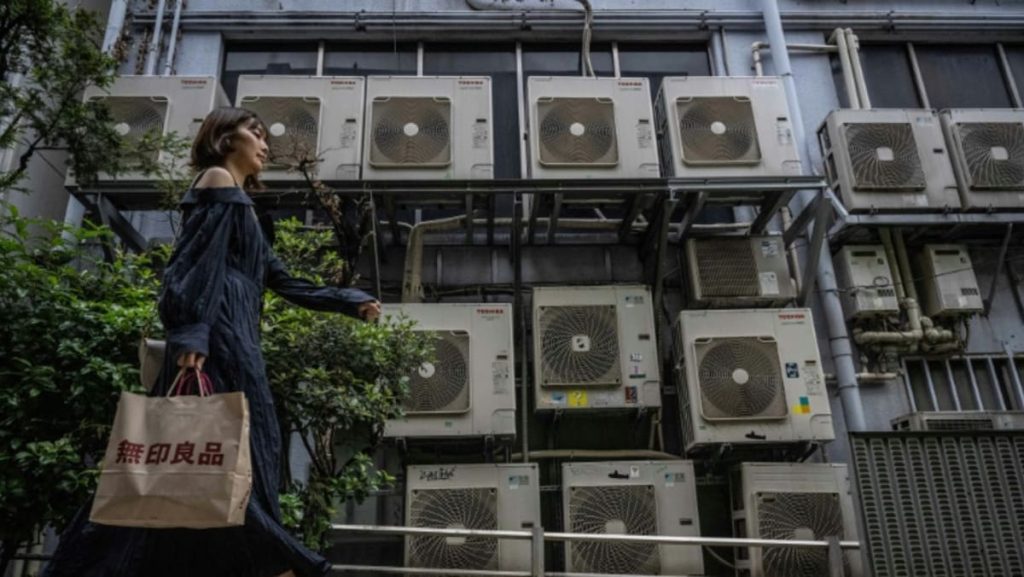A record-breaking heatwave is currently affecting parts of Asia, with Hong Kong experiencing sweltering temperatures. The extreme heat is being attributed to a high-pressure system that is trapping hot air over the region. The heatwave has led to concerns about heat-related illnesses and has prompted officials to issue warnings advising people to stay indoors and stay hydrated. The scorching temperatures have also raised concerns about the impact of climate change on weather patterns in the region.
In Hong Kong, temperatures have reached highs of over 37 degrees Celsius, breaking previous records for the month of July. The intense heat has made it difficult for residents to go about their daily lives, with many seeking refuge in air-conditioned buildings. The heatwave has also posed challenges for vulnerable populations, such as the elderly and young children, who are more susceptible to heat-related illnesses. Officials have urged residents to take precautions to avoid heatstroke and dehydration.
The heatwave in Asia is part of a broader trend of extreme weather events that are becoming more frequent and intense due to climate change. Scientists have warned that rising global temperatures are leading to more frequent heatwaves, droughts, and extreme weather events. The heatwave in Asia is just one example of the ways in which climate change is impacting weather patterns around the world. It serves as a reminder of the urgent need for action to reduce greenhouse gas emissions and mitigate the impacts of climate change.
In addition to the health risks posed by the heatwave, the extreme temperatures are also putting a strain on infrastructure and public services. In Hong Kong, the heatwave has caused power outages and disruptions to public transportation, with some trains being delayed due to overheating. The extreme heat is also affecting agriculture and food production, with farmers facing challenges in growing crops in the scorching conditions. The heatwave serves as a reminder of the need to build resilience in infrastructure and public services to withstand the impacts of climate change.
The heatwave in Asia is a stark reminder of the urgent need for action to address climate change and reduce greenhouse gas emissions. The extreme temperatures and associated health risks highlight the importance of building resilience to the impacts of climate change. Governments, businesses, and individuals all have a role to play in reducing emissions and transitioning to a more sustainable and resilient future. The heatwave in Asia serves as a warning of the potential impacts of climate change and the need for immediate action to address this global challenge.
As the heatwave continues to affect parts of Asia, it is crucial for residents to take precautions to protect themselves from the extreme temperatures. Staying hydrated, avoiding direct sunlight during peak hours, and seeking shelter in air-conditioned buildings are some of the ways to stay safe during the heatwave. In the long term, efforts to reduce greenhouse gas emissions and mitigate the impacts of climate change will be crucial in addressing the root causes of extreme weather events like heatwaves. The record-breaking temperatures in Asia serve as a reminder of the urgency of taking action to combat climate change and protect vulnerable populations from its impacts.


